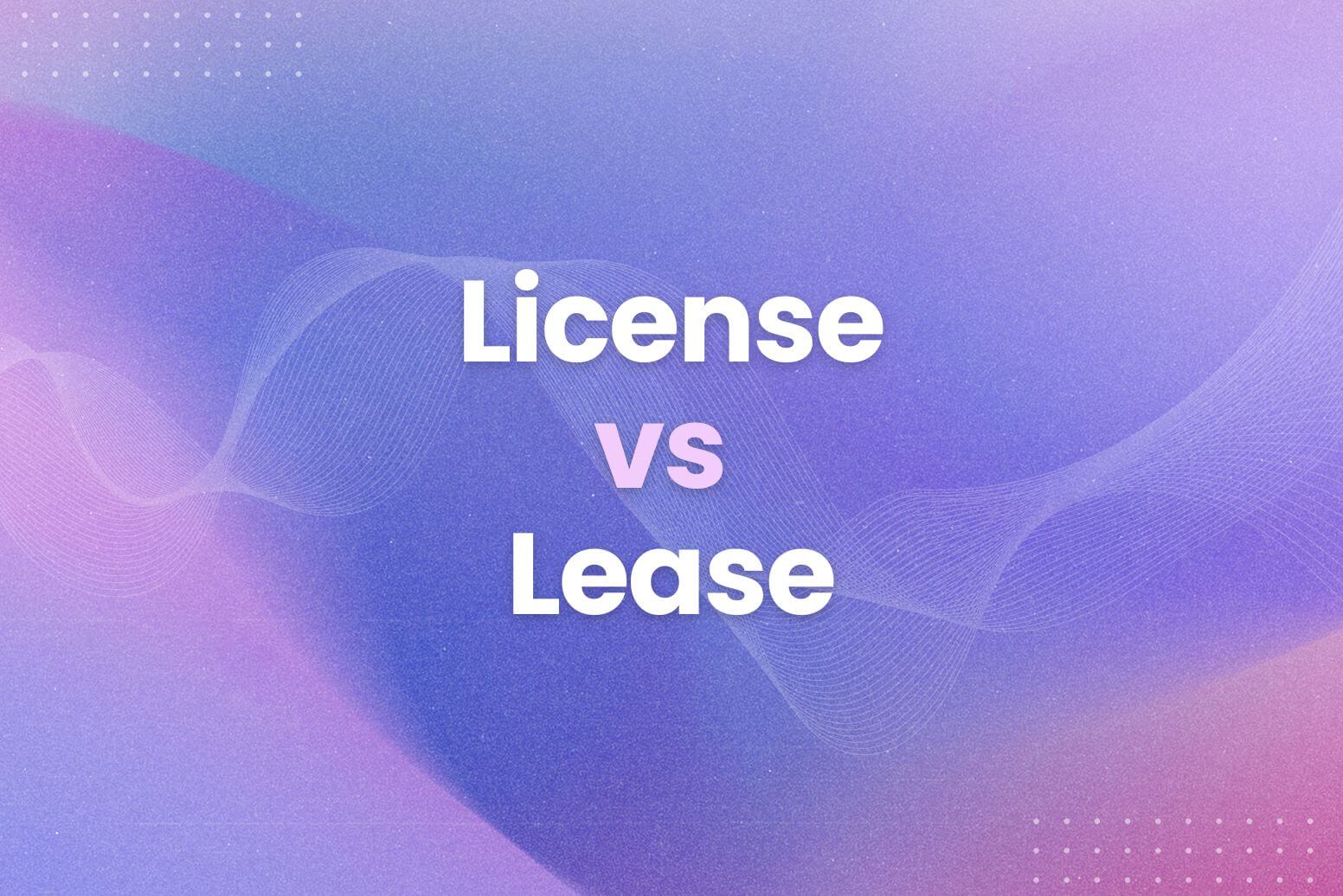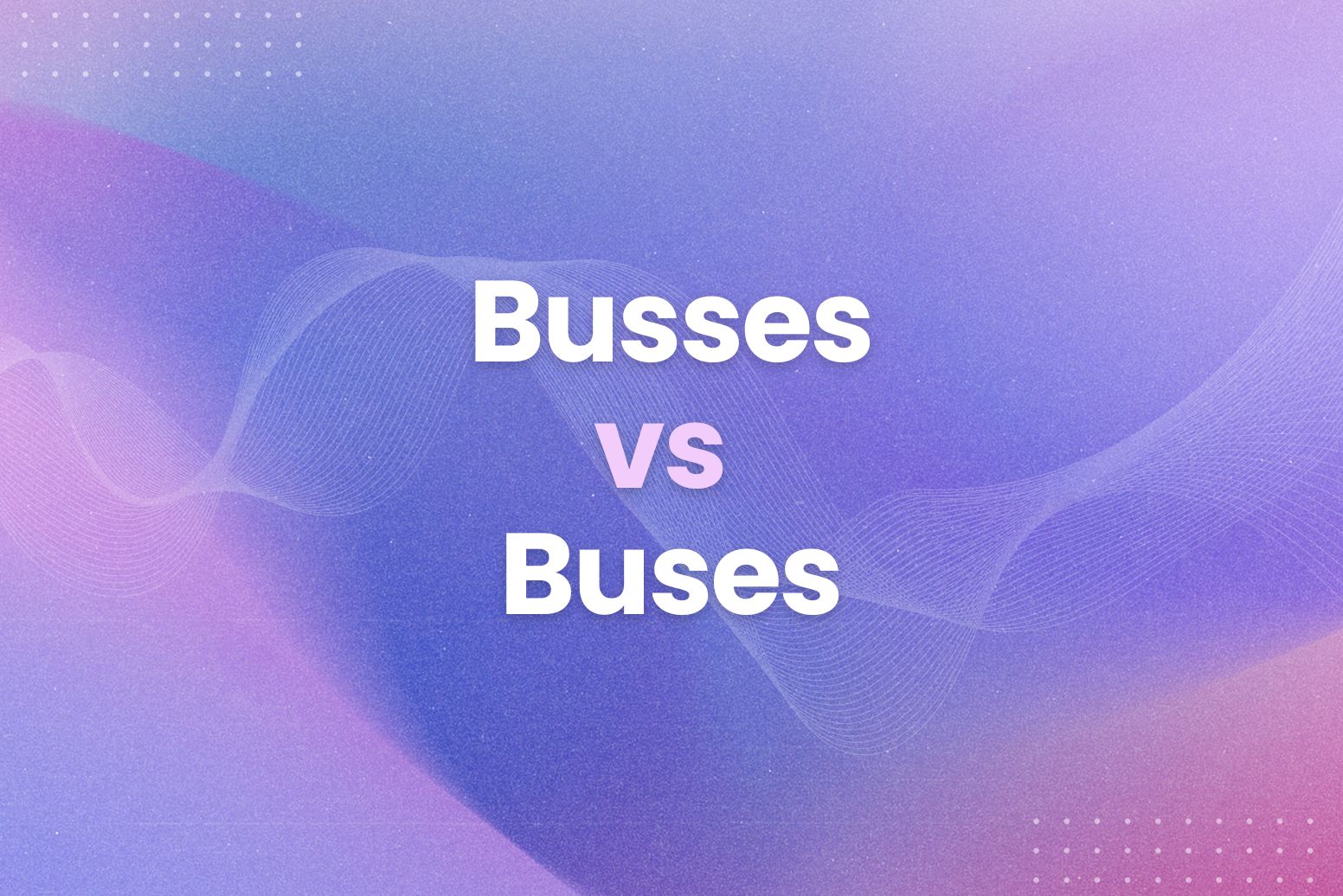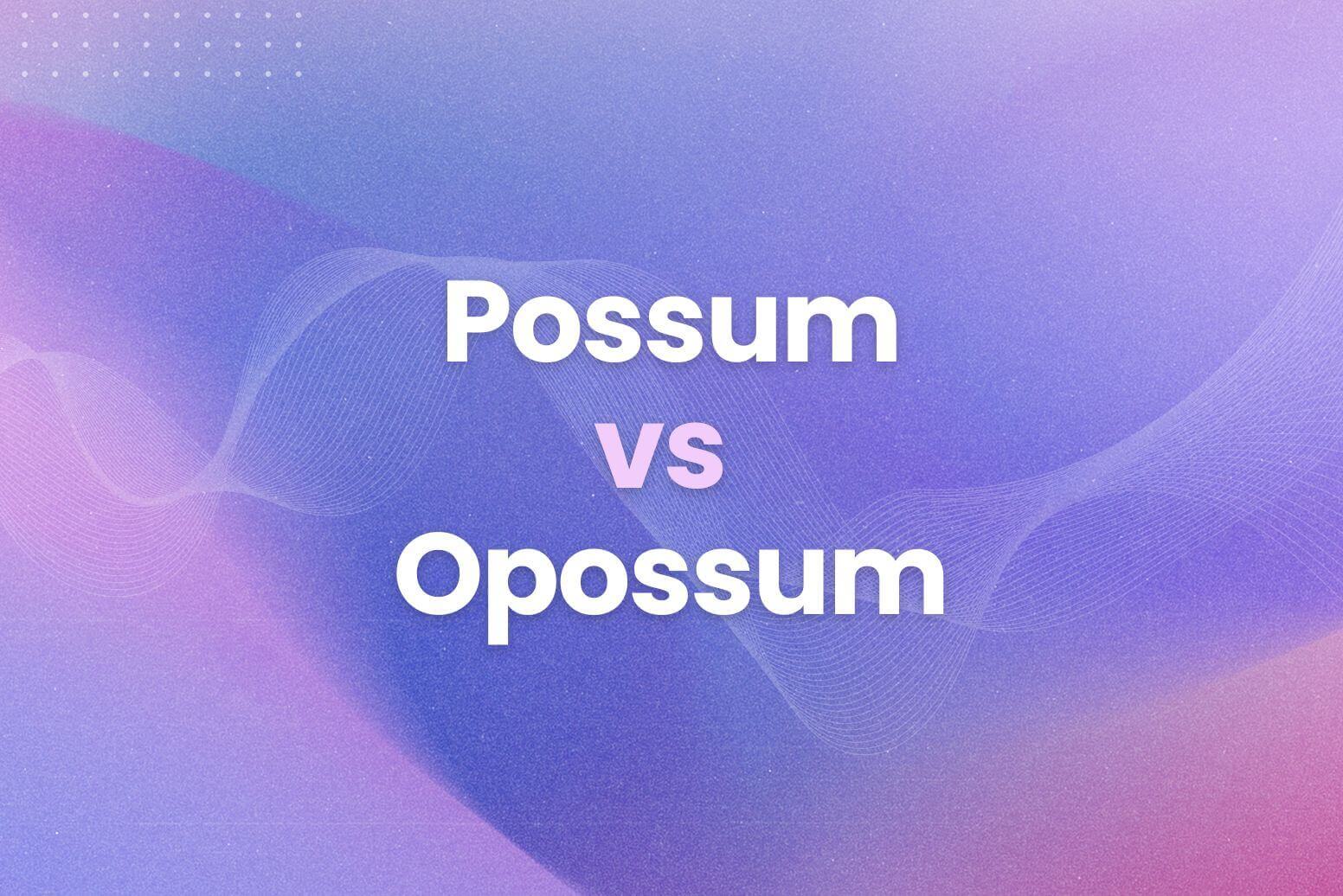Have you ever felt lost in the legal jargon of agreements? You’re not alone. Many people confuse licenses and leases, but they are not the same. These agreements have distinct implications for rights, responsibilities, and even taxes. This guide breaks down the key differences between license vs lease, saving you time and potential headaches. We’ll cover:
- Firstly, what a license is?
- Secondly, what is a lease?
- Also, key differences between license vs lease.
- Lastly, when to use a license vs. a lease.
Let’s get started.
What a License Is
A license grants permission to use something. It doesn’t transfer ownership. Think of it like borrowing a book from the library. You get to read it, but you don’t own it. Similarly, a software license lets you use the software, but the company still owns it. For instance, when you subscribe to a streaming service, you’re getting a license to watch their content, not owning the movies or shows.
Licenses are often temporary and revocable. This means the grantor can take back the permission under certain conditions. For example, if you violate the terms of a software license, the company can revoke your access. In other words, you lose your right to use the software.
Key characteristics of a license include:
- Permission, not ownership: It allows use, not possession.
- Temporary: Licenses often have a set duration.
- Revocable: The grantor can terminate the license.
- Non-exclusive (usually): The grantor can issue similar licenses to others.
A common example of a license is a software license agreement. These agreements outline how you can use the software, what you can’t do with it (like copying or reselling it), and how long you can use it. Above all, it protects the software developer’s intellectual property. It is important to read these agreements carefully before using any software.
What a Lease Is
A lease, on the other hand, grants exclusive possession of a property for a specific period. It’s a contractual agreement between a landlord (the owner) and a tenant (the renter). For example, when you rent an apartment, you sign a lease. This gives you the right to live there exclusively for the lease term. In short, you control that space during that time.
Leases transfer a temporary interest in the property. This means the tenant has certain rights. For instance, the right to quiet enjoyment (meaning the landlord can’t just barge in whenever they want). It also means the tenant has responsibilities. For example, paying rent on time and maintaining the property. The lease may specify who is responsible for lawn care or snow removal.
Key characteristics of a lease include:
- Exclusive possession: The tenant has the right to use the property without interference.
- Specific term: Leases have a defined start and end date.
- Transfer of interest: The tenant gains a temporary right to the property.
- Contractual obligations: Both landlord and tenant have legally binding responsibilities.
A classic example of a lease is a residential lease agreement for an apartment or house. These agreements detail the rent amount, lease duration, security deposit, and other terms. It is important to note that leases are legally binding contracts. Therefore, it’s crucial to read and understand them before signing.
Key Differences Between License vs Lease
Licenses and leases differ in several key ways.
- Firstly, ownership is a major distinction. A license grants permission to use something. It doesn’t transfer ownership. A lease, however, grants exclusive possession. It gives the tenant temporary control.
- Secondly, consider exclusivity. Licenses are often non-exclusive. The grantor can give similar licenses to multiple people. Leases, on the other hand, are exclusive. The tenant has sole possession during the lease term.
- Thirdly, think about duration. Licenses can be temporary or ongoing. They can also be revoked. Leases have a fixed term. They end on a specific date.
- Fourthly, look at the transfer of interest. Licenses do not transfer an interest in the property. Leases do. The tenant gains a temporary right to the property.
- Finally, there are legal protections. Leases offer stronger legal protections for tenants. This includes rights like quiet enjoyment. Licenses offer fewer protections. They are more easily revocable.
Here’s a table summarizing the key differences:
| Feature | License | Lease |
| Ownership | Permission to use; no ownership transfer | Exclusive possession; temporary control |
| Exclusivity | Often non-exclusive | Exclusive |
| Duration | Temporary or ongoing; revocable | Fixed term |
| Transfer of Interest | No | Yes |
| Legal Protection | Fewer | Stronger |
For instance, think about software. You license software. You lease an apartment. These are very different arrangements. As a result, understanding these differences is crucial.
When to Use a License vs. a Lease
Choosing between a license and a lease depends on your specific needs.
- Firstly, consider the level of control. Do you need exclusive possession? If so, a lease is likely the better choice. For example, if you’re renting an office space, you need exclusive control. Therefore, you need a lease.
- Secondly, think about the duration. Is the use temporary or ongoing? For short-term use, a license may suffice. For instance, if you’re using software for a limited time, a license works well. However, for longer-term use, a lease is often more appropriate.
- Thirdly, consider the nature of the agreement. Is it about granting permission to use something? Or is it about transferring a temporary interest in property? If it’s about permission, use a license. If it’s about transferring interest, use a lease.
Here are some examples:
- Use a license for: Software, intellectual property (like patents or trademarks), attending a concert, parking in a specific lot.
- Use a lease for: Apartments, office spaces, land, equipment.
For instance, if you’re allowing someone to use your company logo on their website, you’d grant them a license. On the other hand, if you’re renting out a warehouse to store inventory, you’d use a lease.
It’s crucial to choose the right agreement. Using the wrong one can lead to legal problems. It is important to consult with a legal professional if you’re unsure. This will protect your interests.
Simplify Legal Agreements with Arvin
Licenses and leases are distinct legal agreements. They serve different purposes. Licenses grant permission for use. Leases grant exclusive possession. Choosing the correct agreement is crucial. It protects your rights and avoids potential issues.
So, here are the key takeaways on license vs lease:
- First of all, licenses grant permission, not ownership.
- Then, leases grant exclusive possession for a specific term.
- Licenses are often revocable; leases are not.
- Leases offer stronger legal protections.
- In the end, choose a license for permission; choose a lease for possession.
Legal agreements can be complex. Understanding the nuances between licenses and leases can be tricky. But with tools like Arvin, you can quickly get clarity. Arvin, the AI-powered browser extension, can help you understand dense legal text.
It can also help you generate clear, concise summaries of complex documents. So, the next time you’re facing a license or lease, let Arvin be your guide.
FAQs
What is the difference between a lease and a license in Illinois?
In Illinois, the core differences remain consistent. Firstly, a lease grants exclusive possession. It creates a landlord-tenant relationship. A license, however, merely grants permission to use the property. It does not create a tenancy.
Secondly, leases are subject to specific landlord-tenant laws in Illinois. Licenses are generally not. For instance, eviction processes are different. Consequently, it’s crucial to understand these distinctions.
What is the difference between a lease and a license in Singapore?
In Singapore, a lease grants exclusive possession for a fixed term. It is a proprietary right. A license, on the other hand, is a personal right. It grants permission to use land. However, it doesn’t grant exclusive possession.
Moreover, leases in Singapore are often registered with the Singapore Land Authority. Licenses usually are not. Therefore, this registration offers added legal protection.
What is the difference between a licensee and a tenant in NY?
In New York, a tenant has exclusive possession under a lease. They have legal rights protected by landlord-tenant law. A licensee, however, only has permission to use the property.
In addition, they don’t have the same legal protections. For example, a tenant has the right to a formal eviction process. A licensee may not. In short, a tenant has more rights.
What is the difference between a lease and a lessee?
This is a question of terminology. A lease is the agreement itself. It’s the contract. A lessee is the tenant. They are the one who rents the property. Likewise, the lessor is the landlord. Also, they own the property. So, the lease is the document. The lessee and lessor are the parties involved.






